Head of the Group
Richard Röttger, Associate Professor, Dr. rer. nat.
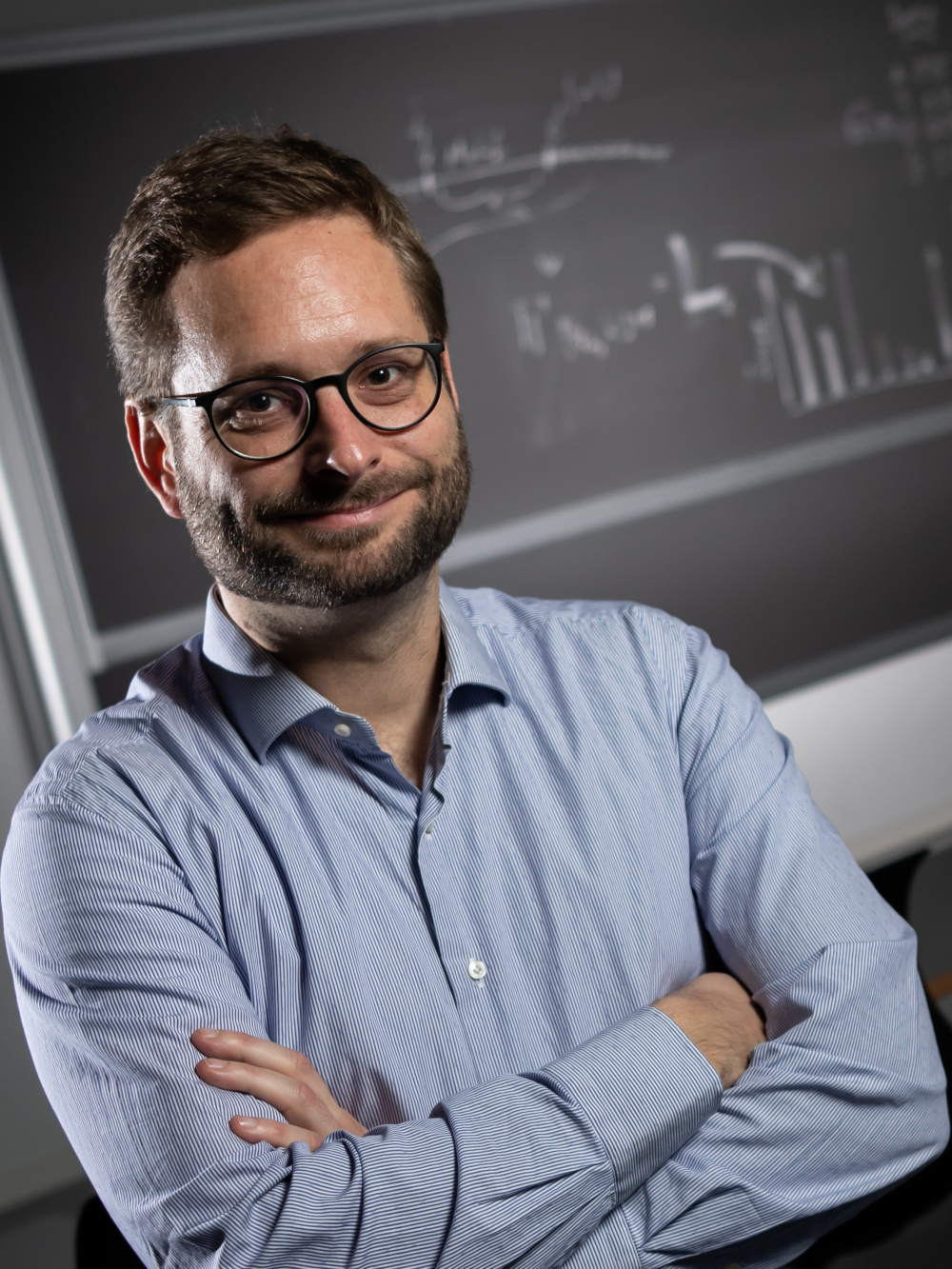 I am an Associate Professor for Bioinformatics at the University of Southern Denmark (SDU) at the Department for Mathematics and Computer Science (IMADA) and head of the Computational Biology Group. I started at SDU in Summer 2014 as Assistant Professor (promotion to Associate Professor in November 2017) and have since been actively research in various kinds of machine learning of biomedical data. I furthermore spent 5 month on a Sabbatical leave at the University of Cambridge at the Medical Research Council Laboratory of Molecular Biology (MRC-LMB) in the group of Prof. Madan Babu. Before I joined SDU, I received my PhD (Dr. rer. nat.) from the Max-Planck-Institute for Informatics, in Saarbrücken for my work on Active Transitivity Clustering. I was awarded an International Max Planck Research School (IMPRS) PhD fellowship for my research at the Max Planck Institute. Before my PhD studies, I studied computer science at the Technical University of Munich (TUM) and Technology Management at the Center for Digital Technology and Management (CDTM). During my studies I had two research visits at the University of California at Berkeley at the School of Information as well as at the International Computer Science Institute where my diploma thesis originated. My thesis on the completeness of gene regulatory networks was awarded with the prestigious Siemens price.
I am an Associate Professor for Bioinformatics at the University of Southern Denmark (SDU) at the Department for Mathematics and Computer Science (IMADA) and head of the Computational Biology Group. I started at SDU in Summer 2014 as Assistant Professor (promotion to Associate Professor in November 2017) and have since been actively research in various kinds of machine learning of biomedical data. I furthermore spent 5 month on a Sabbatical leave at the University of Cambridge at the Medical Research Council Laboratory of Molecular Biology (MRC-LMB) in the group of Prof. Madan Babu. Before I joined SDU, I received my PhD (Dr. rer. nat.) from the Max-Planck-Institute for Informatics, in Saarbrücken for my work on Active Transitivity Clustering. I was awarded an International Max Planck Research School (IMPRS) PhD fellowship for my research at the Max Planck Institute. Before my PhD studies, I studied computer science at the Technical University of Munich (TUM) and Technology Management at the Center for Digital Technology and Management (CDTM). During my studies I had two research visits at the University of California at Berkeley at the School of Information as well as at the International Computer Science Institute where my diploma thesis originated. My thesis on the completeness of gene regulatory networks was awarded with the prestigious Siemens price.
E-Mail:
Office: V9-601a-2. Interactive Room map.
Hours: just write me an email
Web: http://imada.sdu.dk/~roettger
Group Memebers
Tobias Frisch
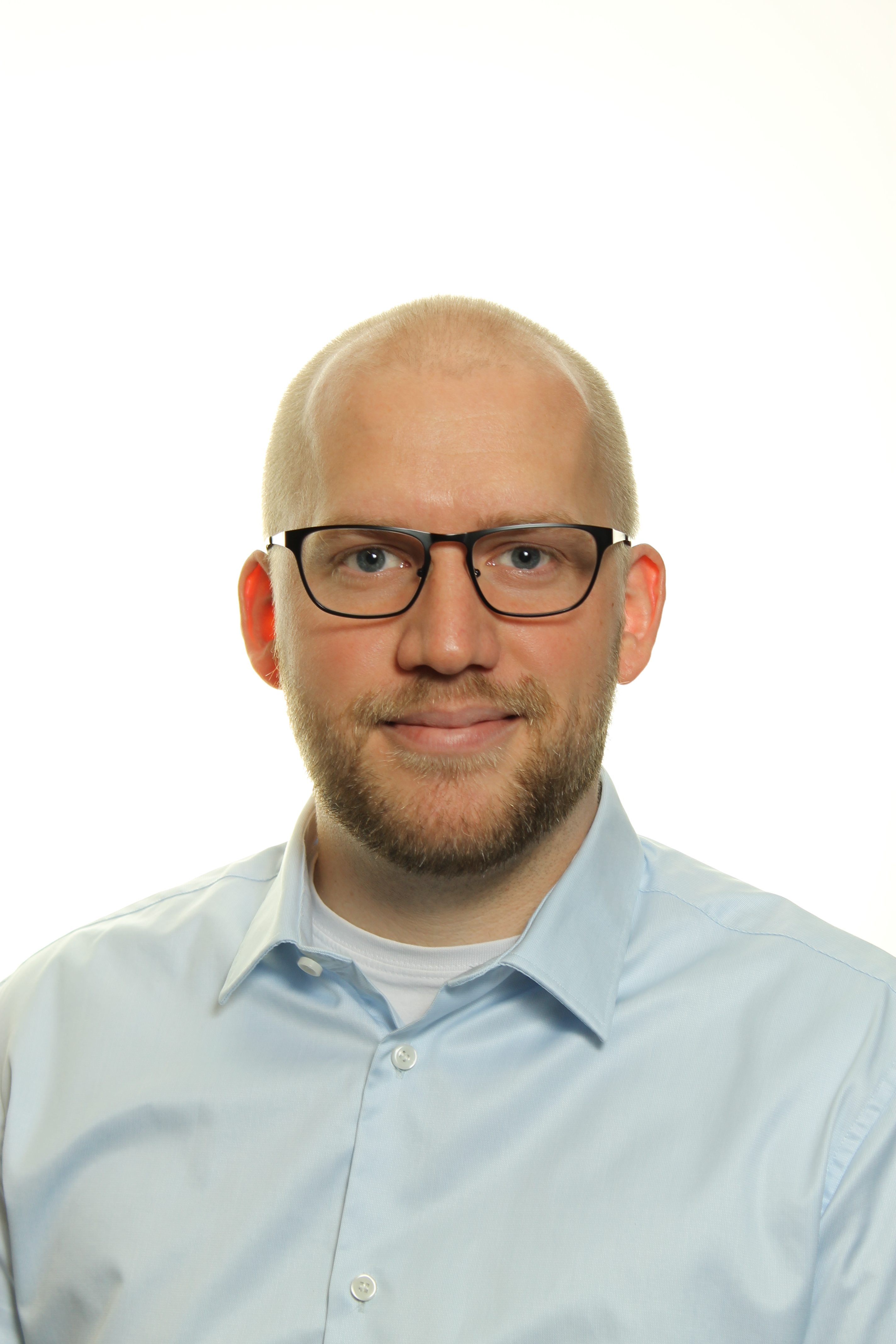 I am a Postdoc in the Computational Biology Group at SDU since January 2021. Currently, I am involved in the FeatureCloud project aiming to develop unsupervised privacy preserving federated machine learning algorithms. I am holding a BSc degree in Bioinformatics from Saarland University and a MSc degree in Bioinformatics from Freie Universtät Berlin. In October 2020, I finished my PhD in the group of Prof. Jan Baumbach at SDU. Throughout my PhD, I have been analyzing white matter brain lesions from multiple sclerosis patients in corporation with Zsolt Illes and Maria Louise Elkjær from the Odense University Hospital. I have also been active in the FeatureCloud project, developing software able to perform federated GWAS studies and batch effect correction of distributed datasets.
I am a Postdoc in the Computational Biology Group at SDU since January 2021. Currently, I am involved in the FeatureCloud project aiming to develop unsupervised privacy preserving federated machine learning algorithms. I am holding a BSc degree in Bioinformatics from Saarland University and a MSc degree in Bioinformatics from Freie Universtät Berlin. In October 2020, I finished my PhD in the group of Prof. Jan Baumbach at SDU. Throughout my PhD, I have been analyzing white matter brain lesions from multiple sclerosis patients in corporation with Zsolt Illes and Maria Louise Elkjær from the Odense University Hospital. I have also been active in the FeatureCloud project, developing software able to perform federated GWAS studies and batch effect correction of distributed datasets.
E-Mail:
Office: V9-602b-2. Interactive Room map.
Anne Hartebrodt
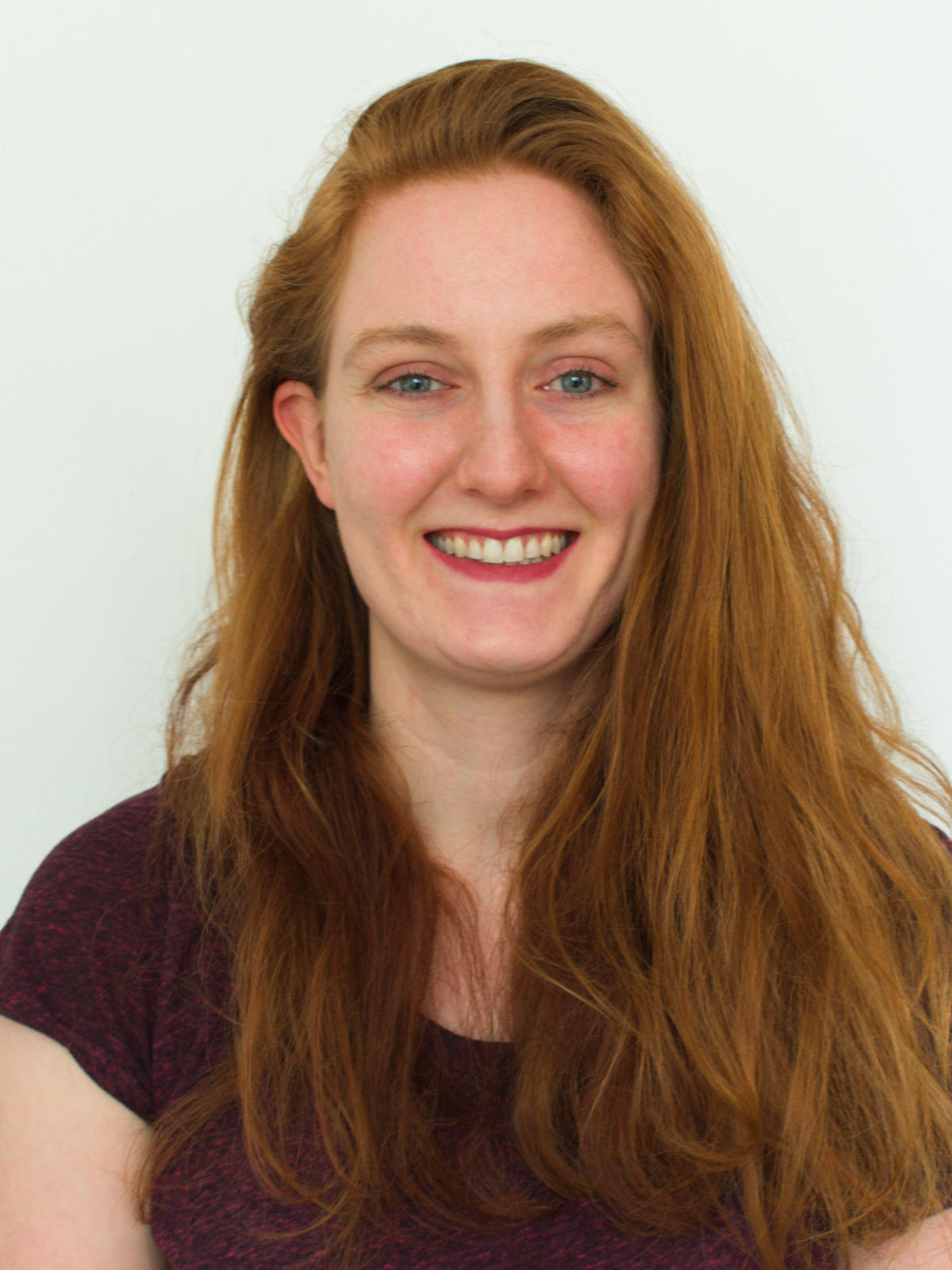 I am a PhD student in the Computational Biology group headed by Richard Roettger since February 2019.
I am a PhD student in the Computational Biology group headed by Richard Roettger since February 2019.
I graduated from the joint Bioinformatics programme at Technical University of Munich (TUM) and Ludwig-Maximilians-Universitaet Munich (LMU). In my Master’s Thesis at the Chair of Experimental Bioinformatics I worked on probabilistic de-novo pathway detection in biological networks using OMICs data under the supervision of Markus List and Jan Baumbach.
The focus of my PhD project is on privacy-aware federated machine learning, more specifically unsupervised learning and federated data normalization methods. As part of the H2020 FeatureCloud Consortium, I work on enabling the use of sensitive medical data for research purposes while preserving patient privacy.
E-Mail:
Office: V9-601b-2. Interactive Room map.
Dominika Hozakowska-Roszkowska
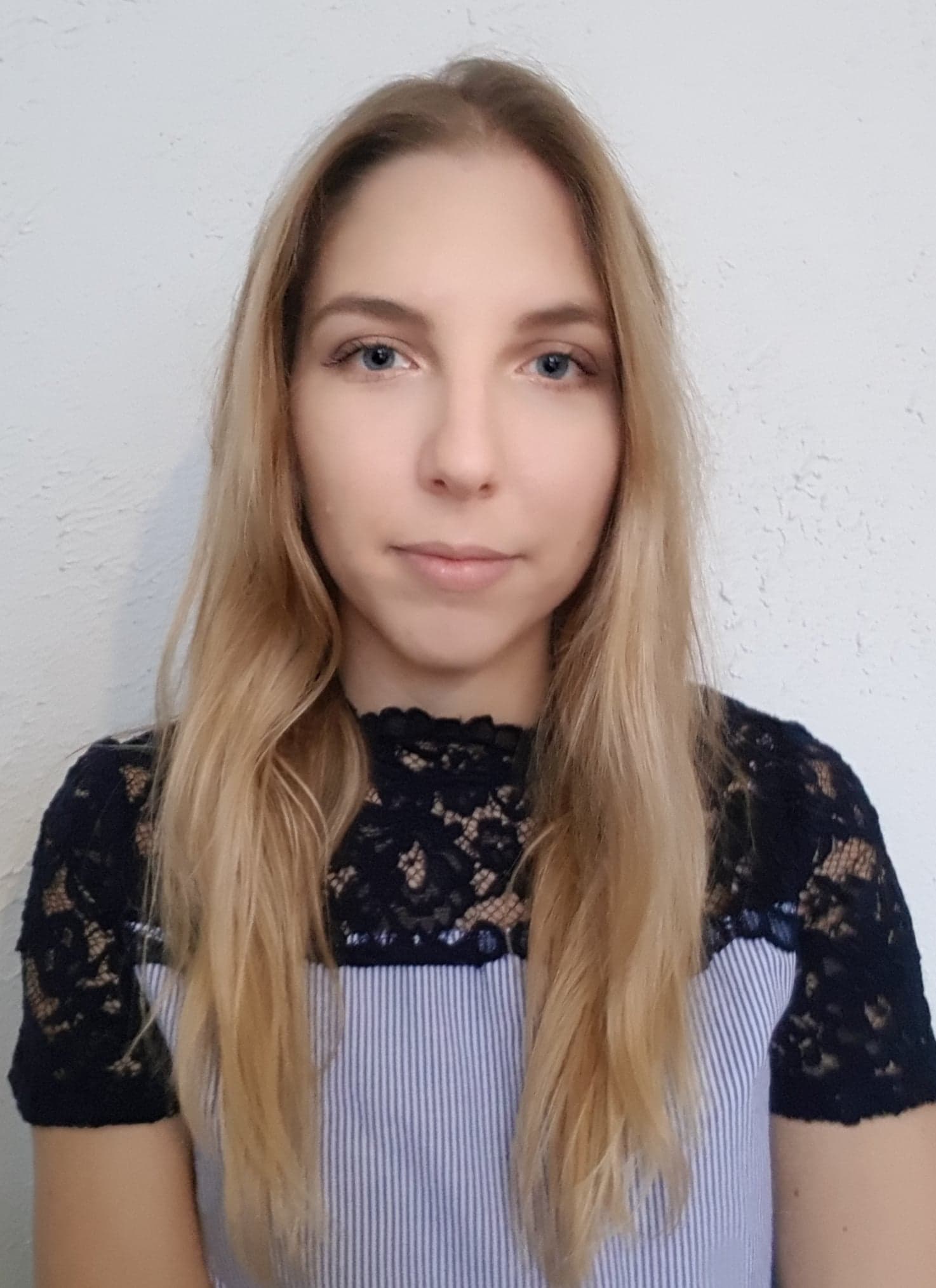 I am a PhD student since December 2018. I hold a uniform MSc degree in Medical Laboratory Science from Medical University of Warsaw (Poland) and MSc degree in Computational Biomedicine from University of Southern Denmark. Currently, I am working on a large-scale analysis and machine learning of the distribution of genetic traits in populations.
I am a PhD student since December 2018. I hold a uniform MSc degree in Medical Laboratory Science from Medical University of Warsaw (Poland) and MSc degree in Computational Biomedicine from University of Southern Denmark. Currently, I am working on a large-scale analysis and machine learning of the distribution of genetic traits in populations.
E-Mail:
Office: V9-601b-2. Interactive Room map.
Juan Francisco Marin Vega
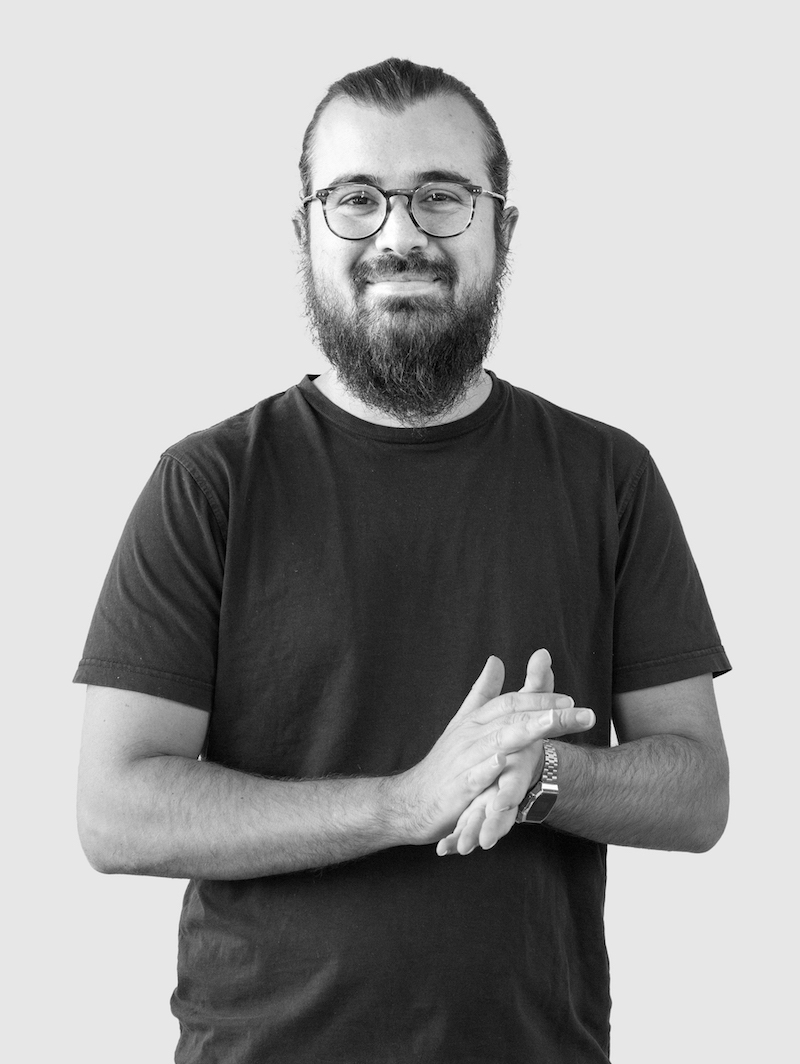 I am an industrial PhD student since December August 2019 in collaboration with ESoft A/S. I hold a MSc degree in computer science. Currently, I am working on advanced image enhancement techniques for copyediting in professional settings.
I am an industrial PhD student since December August 2019 in collaboration with ESoft A/S. I hold a MSc degree in computer science. Currently, I am working on advanced image enhancement techniques for copyediting in professional settings.
E-Mail:
Office: V9-601b-2. Interactive Room map.
Mathias Emil Bøgebjerg
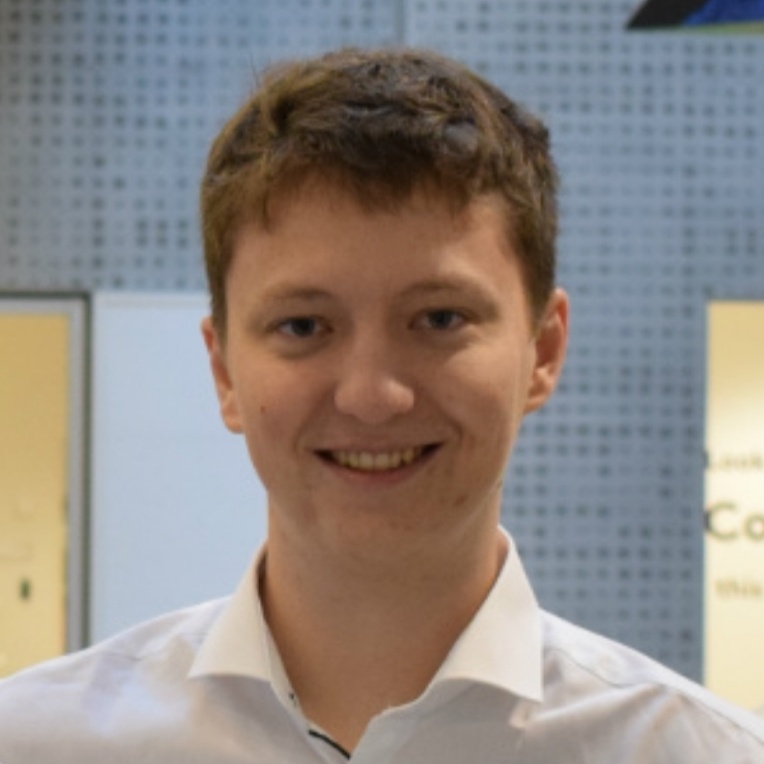 I have a Bachelor Degree in Computer Science from IMADA on SDU, and started my PhD as a 4+4 on the 15th of September 2018.
Medications have many years of research behind them, yet they are often ineffective on patients. We believe that the reason for this is that the patients are ill-classified; they show the same phenotypic symptoms, but might have different underlying causes. I work on patient stratification using unsupervised learning, to find these hidden causes.
I have a Bachelor Degree in Computer Science from IMADA on SDU, and started my PhD as a 4+4 on the 15th of September 2018.
Medications have many years of research behind them, yet they are often ineffective on patients. We believe that the reason for this is that the patients are ill-classified; they show the same phenotypic symptoms, but might have different underlying causes. I work on patient stratification using unsupervised learning, to find these hidden causes.
E-Mail:
Office: V9-601b-2. Interactive Room map.
Tobias Greisager Rehfeldt
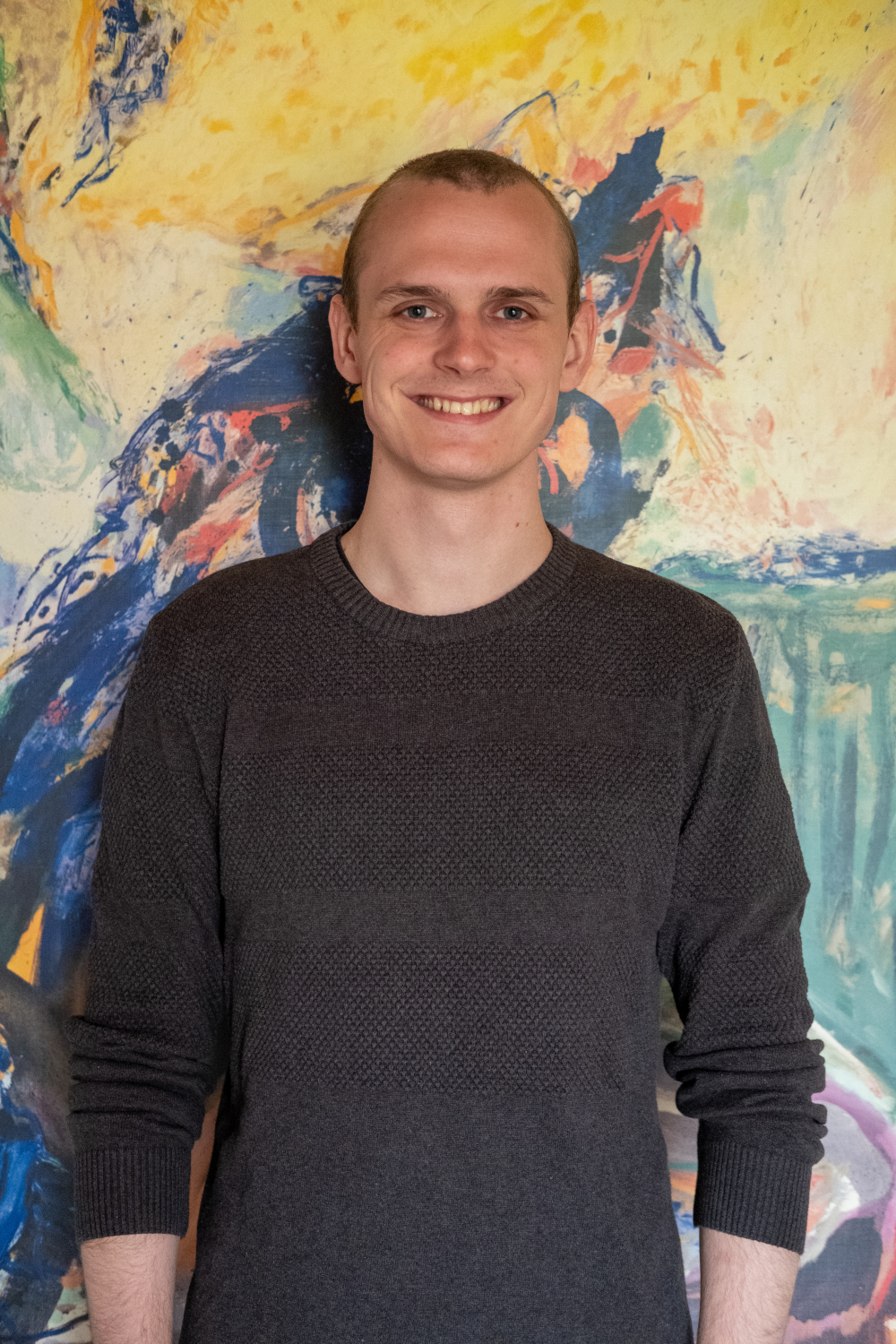 I started my Ph.D. right after the completion of my Masters degree in 2020. I am currently residing in the Bioinformatics department of SDU headed by Richard Röttger.
I started my Ph.D. right after the completion of my Masters degree in 2020. I am currently residing in the Bioinformatics department of SDU headed by Richard Röttger.
I have a masters' degree in Computational Biomedicine and a bachelors' degree in Economics. My masters' thesis revolved around the idea of using mass spectrometry data coupled with neural networks, in an attempt to circumvent parts of the current MS pipeline. This is also the project that later developed into my Ph.D. position here at SDU.
Daily I sit and work trying to come up with new ways of extrapolating and using mass spectrometry data, and finding new and innovative neural network architectures.
E-Mail:
Office: V9-601b-2. Interactive Room map.
Affiliated Members
Philipp Weber
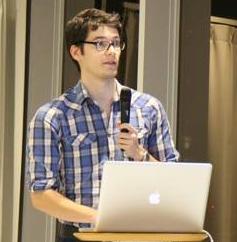 I am a PhD student in the Computational Biology group at the University of Southern Denmark since September 2017. Earlier in 2017 I obtained my master’s degree in bioinformatics from the University of Tübingen. In my PhD project I focus on developing new methods for the processing and analysis of breath and biogas data with the help of deep neural network architectures. My research interest also includes the development of new approaches for detection and treatment of cancer in a personalized setting.
I am a PhD student in the Computational Biology group at the University of Southern Denmark since September 2017. Earlier in 2017 I obtained my master’s degree in bioinformatics from the University of Tübingen. In my PhD project I focus on developing new methods for the processing and analysis of breath and biogas data with the help of deep neural network architectures. My research interest also includes the development of new approaches for detection and treatment of cancer in a personalized setting.
E-Mail:
Office: Room V9-602a-2
Afsaneh Mohammadnejad

E-Mail:
Office: SUND
Student Members
-
Niklas Probul
Structure Detection in Single Cell Data through the Application of Variational Autoencoders
-
Zsófia Magyar
Studying vulnerable exons and finding effective ways for prediction
-
Anton Nørgaard
Neural networks to solve RNA-seq related problems
-
Martin Vad Møller
Analysis of spatial transcriptomics data based on image segmentation and sequential single-molecule FISH data
-
Mathias Strange Hansen
NER with spatial information from receipt OCR-extracts
 I am an Associate Professor for Bioinformatics at the University of Southern Denmark (SDU) at the Department for Mathematics and Computer Science (IMADA) and head of the Computational Biology Group. I started at SDU in Summer 2014 as Assistant Professor (promotion to Associate Professor in November 2017) and have since been actively research in various kinds of machine learning of biomedical data. I furthermore spent 5 month on a Sabbatical leave at the University of Cambridge at the Medical Research Council Laboratory of Molecular Biology (MRC-LMB) in the group of Prof. Madan Babu. Before I joined SDU, I received my PhD (Dr. rer. nat.) from the Max-Planck-Institute for Informatics, in Saarbrücken for my work on Active Transitivity Clustering. I was awarded an International Max Planck Research School (IMPRS) PhD fellowship for my research at the Max Planck Institute. Before my PhD studies, I studied computer science at the Technical University of Munich (TUM) and Technology Management at the Center for Digital Technology and Management (CDTM). During my studies I had two research visits at the University of California at Berkeley at the School of Information as well as at the International Computer Science Institute where my diploma thesis originated. My thesis on the completeness of gene regulatory networks was awarded with the prestigious Siemens price.
I am an Associate Professor for Bioinformatics at the University of Southern Denmark (SDU) at the Department for Mathematics and Computer Science (IMADA) and head of the Computational Biology Group. I started at SDU in Summer 2014 as Assistant Professor (promotion to Associate Professor in November 2017) and have since been actively research in various kinds of machine learning of biomedical data. I furthermore spent 5 month on a Sabbatical leave at the University of Cambridge at the Medical Research Council Laboratory of Molecular Biology (MRC-LMB) in the group of Prof. Madan Babu. Before I joined SDU, I received my PhD (Dr. rer. nat.) from the Max-Planck-Institute for Informatics, in Saarbrücken for my work on Active Transitivity Clustering. I was awarded an International Max Planck Research School (IMPRS) PhD fellowship for my research at the Max Planck Institute. Before my PhD studies, I studied computer science at the Technical University of Munich (TUM) and Technology Management at the Center for Digital Technology and Management (CDTM). During my studies I had two research visits at the University of California at Berkeley at the School of Information as well as at the International Computer Science Institute where my diploma thesis originated. My thesis on the completeness of gene regulatory networks was awarded with the prestigious Siemens price.

 I am a Postdoc in the Computational Biology Group at SDU since January 2021. Currently, I am involved in the FeatureCloud project aiming to develop unsupervised privacy preserving federated machine learning algorithms. I am holding a BSc degree in Bioinformatics from Saarland University and a MSc degree in Bioinformatics from Freie Universtät Berlin. In October 2020, I finished my PhD in the group of Prof. Jan Baumbach at SDU. Throughout my PhD, I have been analyzing white matter brain lesions from multiple sclerosis patients in corporation with Zsolt Illes and Maria Louise Elkjær from the Odense University Hospital. I have also been active in the FeatureCloud project, developing software able to perform federated GWAS studies and batch effect correction of distributed datasets.
I am a Postdoc in the Computational Biology Group at SDU since January 2021. Currently, I am involved in the FeatureCloud project aiming to develop unsupervised privacy preserving federated machine learning algorithms. I am holding a BSc degree in Bioinformatics from Saarland University and a MSc degree in Bioinformatics from Freie Universtät Berlin. In October 2020, I finished my PhD in the group of Prof. Jan Baumbach at SDU. Throughout my PhD, I have been analyzing white matter brain lesions from multiple sclerosis patients in corporation with Zsolt Illes and Maria Louise Elkjær from the Odense University Hospital. I have also been active in the FeatureCloud project, developing software able to perform federated GWAS studies and batch effect correction of distributed datasets.
 I am a PhD student in the Computational Biology group headed by Richard Roettger since February 2019.
I am a PhD student in the Computational Biology group headed by Richard Roettger since February 2019. I am a PhD student since December 2018. I hold a uniform MSc degree in Medical Laboratory Science from Medical University of Warsaw (Poland) and MSc degree in Computational Biomedicine from University of Southern Denmark. Currently, I am working on a large-scale analysis and machine learning of the distribution of genetic traits in populations.
I am a PhD student since December 2018. I hold a uniform MSc degree in Medical Laboratory Science from Medical University of Warsaw (Poland) and MSc degree in Computational Biomedicine from University of Southern Denmark. Currently, I am working on a large-scale analysis and machine learning of the distribution of genetic traits in populations.
 I am an industrial PhD student since December August 2019 in collaboration with ESoft A/S. I hold a MSc degree in computer science. Currently, I am working on advanced image enhancement techniques for copyediting in professional settings.
I am an industrial PhD student since December August 2019 in collaboration with ESoft A/S. I hold a MSc degree in computer science. Currently, I am working on advanced image enhancement techniques for copyediting in professional settings.
 I have a Bachelor Degree in Computer Science from IMADA on SDU, and started my PhD as a 4+4 on the 15th of September 2018.
Medications have many years of research behind them, yet they are often ineffective on patients. We believe that the reason for this is that the patients are ill-classified; they show the same phenotypic symptoms, but might have different underlying causes. I work on patient stratification using unsupervised learning, to find these hidden causes.
I have a Bachelor Degree in Computer Science from IMADA on SDU, and started my PhD as a 4+4 on the 15th of September 2018.
Medications have many years of research behind them, yet they are often ineffective on patients. We believe that the reason for this is that the patients are ill-classified; they show the same phenotypic symptoms, but might have different underlying causes. I work on patient stratification using unsupervised learning, to find these hidden causes.
 I started my Ph.D. right after the completion of my Masters degree in 2020. I am currently residing in the Bioinformatics department of SDU headed by Richard Röttger.
I started my Ph.D. right after the completion of my Masters degree in 2020. I am currently residing in the Bioinformatics department of SDU headed by Richard Röttger. I am a PhD student in the Computational Biology group at the University of Southern Denmark since September 2017. Earlier in 2017 I obtained my master’s degree in bioinformatics from the University of Tübingen. In my PhD project I focus on developing new methods for the processing and analysis of breath and biogas data with the help of deep neural network architectures. My research interest also includes the development of new approaches for detection and treatment of cancer in a personalized setting.
I am a PhD student in the Computational Biology group at the University of Southern Denmark since September 2017. Earlier in 2017 I obtained my master’s degree in bioinformatics from the University of Tübingen. In my PhD project I focus on developing new methods for the processing and analysis of breath and biogas data with the help of deep neural network architectures. My research interest also includes the development of new approaches for detection and treatment of cancer in a personalized setting.
